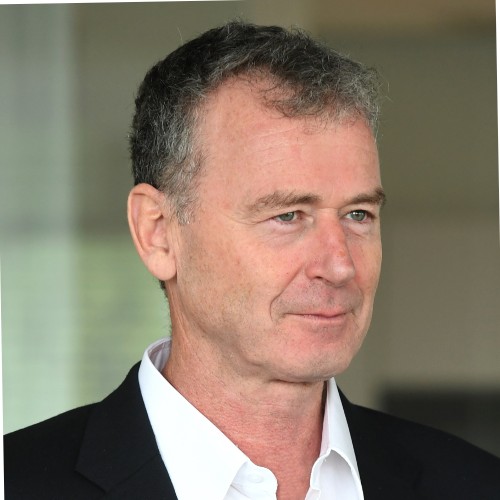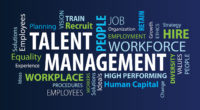5 MINUTES WITH Marc Funk, CEO of Recipharm
DCAT Value Chain Insights’ “5 Minutes With,” part of the DCAT Member Company Community section, features interviews with business and industry leaders on issues impacting the bio/pharmaceutical manufacturing value chain.

CEO
Recipharm
This “5 Minutes With” features Marc Funk, CEO of Recipharm, a CDMO of active pharmaceutical ingredients (APIs), advanced therapies, and drug products, to discuss key trends in bio/pharmaceutical outsourcing. Prior to joining Recipharm in 2021, he served as CEO of Lonza in 2019, as Lonza’s Chief Operating Officer and President from 2014-2019, and as Lonza’s General Counsel from 2008–2014.
Question: What would you identify as the top three issues impacting the CDMO/CMO sector thus far in 2022?
Funk (Recipharm): While the last couple of years have been focused on ramping up production and sterile fill–finish capacity under difficult circumstances to meet the demand for COVID-19 vaccines, 2022 has thankfully had fewer challenges to contend with. Without question though, the main focus is on preparing for the winter season and ensuring we can adapt to any demand increases.
While not an issue as such, sustainability is high on the agenda of the industry as CDMOs look to reduce any environmental impact and ensure they are positioned to support customers in their sustainability efforts.
Question: An ongoing trend in the industry is the adoption by some CDMOs/CMOs to create an end-to-end service model by providing both API and drug-product development and manufacturing services. Do you see this as a continuing trend in the industry, and if so, why, and if not, why not?
Funk (Recipharm): Many CDMOs claim they are integrated in the value chain but when you talk to pharmaceutical companies, they tend to recognize that this service is not really established nor smooth. There is still a long journey to be made before CDMOs can say they are truly providing an end-to-end service model. In addition, we should not forget that pharmaceutical companies may prefer to manage risk by working with multiple CDMOs rather than feeling locked in with one CDMO.
Question: How do you see the product mix (small molecules and biologics) in the industry’s pipeline evolving—both currently and in the near term? What role do you see new modalities, such as cell and gene therapies playing? What are the implications for the CDMO/CMO sector in terms of business models/strategies?
Funk (Recipharm): A good global CDMO should have a mix of small-molecule and biologics capabilities. While the biologics space is booming and many companies are exploring the use of mRNA technology, it is important not to forget that small-molecule drugs remain the largest proportion of the drug pipeline, and, therefore, the need for these capabilities will persist. It will be interesting to see how the situation plays out next year as the dust settles post-pandemic.
Question: In taking a longer-term view, how do you see drug development and bio/pharmaceutical outsourcing five years from now? What issues or practices may emerge not currently on the industry’s radar?
Funk (Recipharm): All Big Pharma companies have now outsourced bio CDMO services to Asian CDMO players, and this will become a more significant geographical split unless the US government takes action. As a result. there will be fewer CDMOs in Western countries, and we will look back at the years 2020 and 2021 as a crazy bubble.



